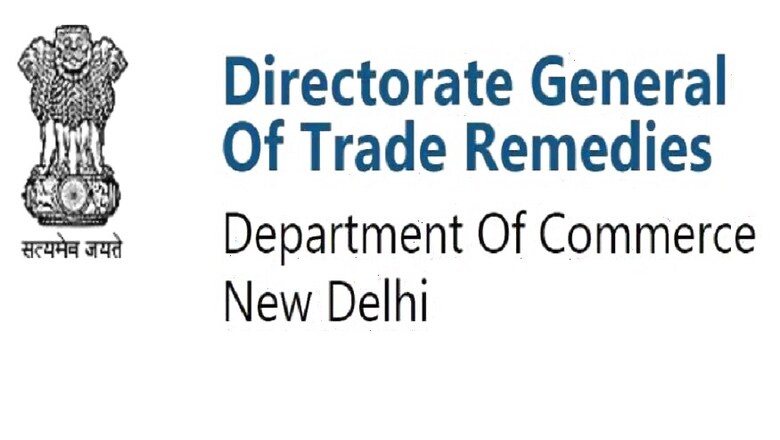
views
The commerce ministry's investigation arm DGTR has recommended imposition of anti-dumping duty on black toner in powder form, used in printers and photocopiers, from China, Malaysia and Chinese Taipei to guard domestic players from cheap imports.
Directorate General of Trade Remedies (DGTR) has recommended the duty after conducting a probe on alleged dumping of the product by certain companies from these countries, following a complaint by domestic manufacturers.
Pure Toners and Developers, and Indian Toners and Developers had filed the application for dumping probe.
The duty recommended is in the range of $196 per tonne to $1,686 per tonne. The finance ministry takes the final decision to impose the duty.
"The authority recommends imposition of provisional anti-dumping duty equal to the lesser of margin of dumping and the margin of injury, so as to remove the injury to the domestic industry," the DGTR has said in a notification.
In its probe, the directorate said it has concluded that the product has been exported to India from these nations below its associated normal value, which resulted in dumping and in turn impacting the domestic industry.
In an another notification, the directorate has again recommended the duty ($1.83 per kg and $2.56 per kg) on Chinese measuring tapes for five years.
It said that there is likelihood of continuation/recurrence of dumping of these measuring tapes, if the existing anti-dumping duties are allowed to cease.
Further in a separate notification, anti-dumping duty was recommended by the DGTR on a Chinese chemical - Aniline - used in pharmaceuticals sector.
In international trade parlance, dumping happens when a country or a firm exports an item at a price lower than the price of that product in its domestic market. Dumping impacts the price of that product in the importing country, hitting margins and profits of manufacturing firms.
According to global trade norms, a country is allowed to impose tariffs on such dumped products to provide a level-playing field to domestic manufacturers. The duty is imposed only after a thorough investigation by a quasi-judicial body, such as DGTR, in India.
The imposition of anti-dumping duty is permissible under the World Trade Organization (WTO) regime. The duty is aimed at ensuring fair trading practices and creating a level-playing field for domestic producers vis-a-vis foreign producers and exporters.

















Comments
0 comment